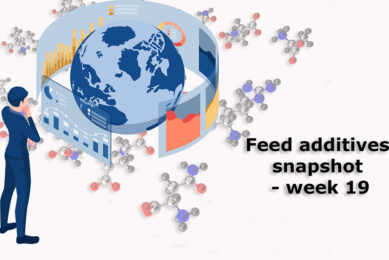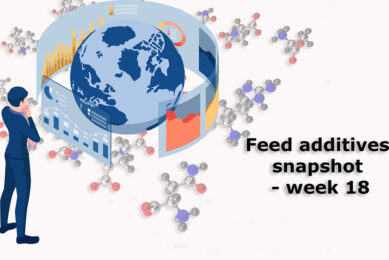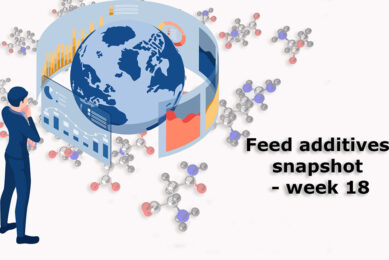Food prices versus global biotech policies
Recently, the issue on global biotechnology policies, in particular the EU policy of zero tolerance for non-registered genetically modified organisms (GMO’s), was raised again when US exports of soya beans and other animal feed ingredients to the EU contained traces of maize GMO’s that have not yet been authorised in the EU.
One can understand that the major developed nations would each like to be responsible for their own biotechnology policies and the strict execution thereof as these will differ depending on how consumer lifestyles, behaviour and thinking influence policy makers of a specific region. Would it not be great though if developed countries across the world could agree on collaborating more closely to align, synchronize and execute their policies? Would this not help the world address food security faster and more effectively without compromising food safety? It is anyway expected that almost all of the major global grain and plant protein sources will soon be of GMO origin, whether approved everywhere or not.
Common global goal
The latest clashes over US GMO soya bean exports to the EU again brings up the thought of whether EU policy makers and biotechnologists are implicating that their US counterparts are less concerned about their consumers than they are. Surely, this cannot be the case and should there be a common goal global policy makers must strive for when it comes to food safety and security. In trying to accomplish this goal it will be critical that policy makers co-operate and put their political agendas aside. Current measures that are put in place as a consequence of such disagreements and non co-operation are significantly affecting consumers and livestock producers across the world.
Food price concern
Consumers always complain about the rise in food prices, but do they really understand where it often comes from. Do they really realise what impact certain policies they may support could have on how much they are paying additionally for their food? Many calculations have been done to determine what these differences in policies and the affect on trade are costing the world. Despite the immense cost to consumers and livestock producers, policy makers will rather have countries run out of feed ingredient stock than allow the import of GMO ingredients that are already approved safe in other countries.
Unfortunately, policy makers of less developed nations are conveniently following the policies of developed nations and do not realise what negative impact it has on food security. In less developed regions a major part of the population is more concerned about where the next meal will come from, not whether the meal is safe enough to be consumed. Their developed counterparts may still have the financial resources to pay for high food prices, but the fact that thoughtless policies are not adjusted to fit the less developed needs creates starvation in many less developed parts of the world.
Non aligned policy?
am not aware of any GMO application that was finally rejected (many are still up for approval), however the slow and ineffective process of registration prevents this country from importing lower priced maize, a staple food for millions of people in Africa and the most important livestock producing ingredient, from the US. Livestock producers have been mainly blamed for high food prices, despite their continuous struggle to survive. Can one blame anybody coming to the conclusion that the real source for the continuous rise in food prices, besides the role the final food distribution chain may play, perhaps also lies in thoughtless and non aligned policy making strategies and ineffective registration authorities?










